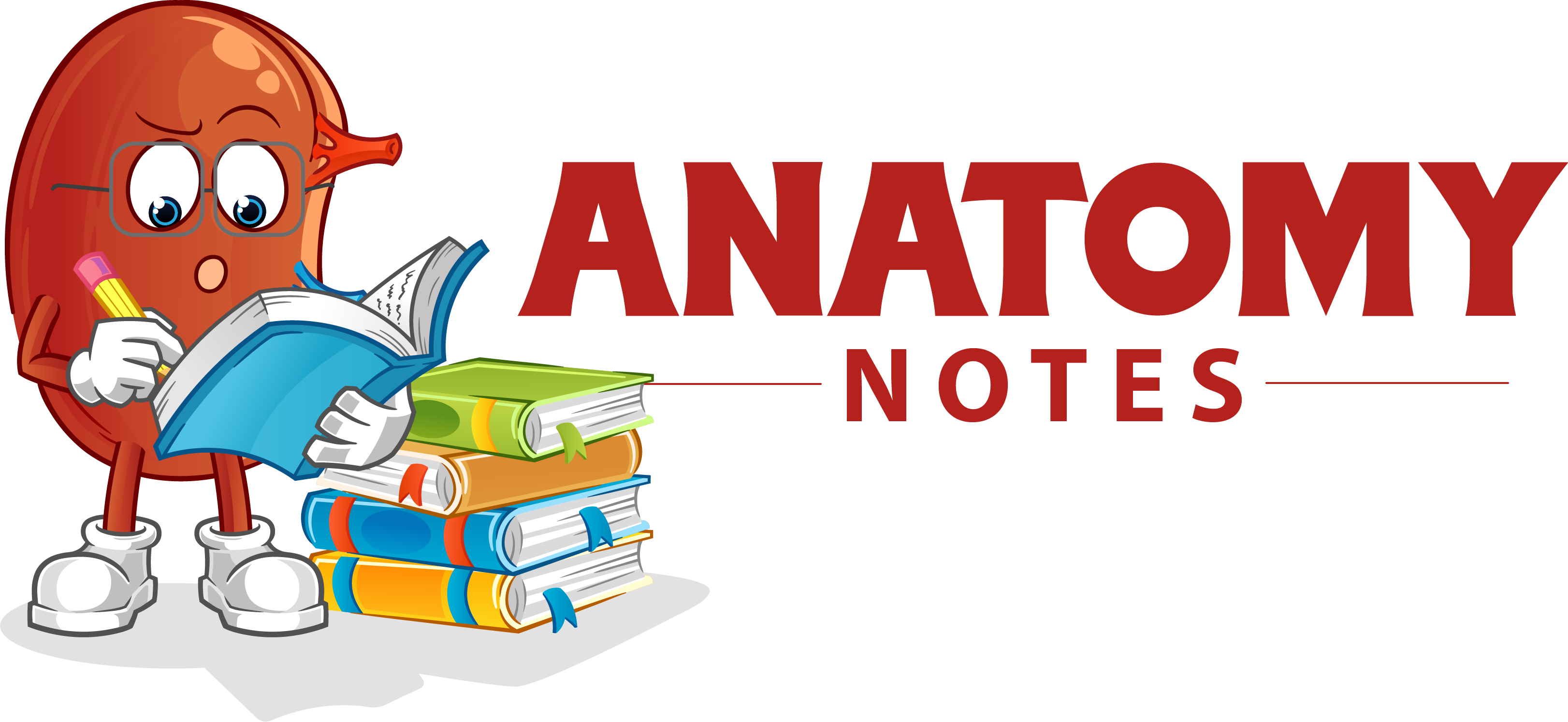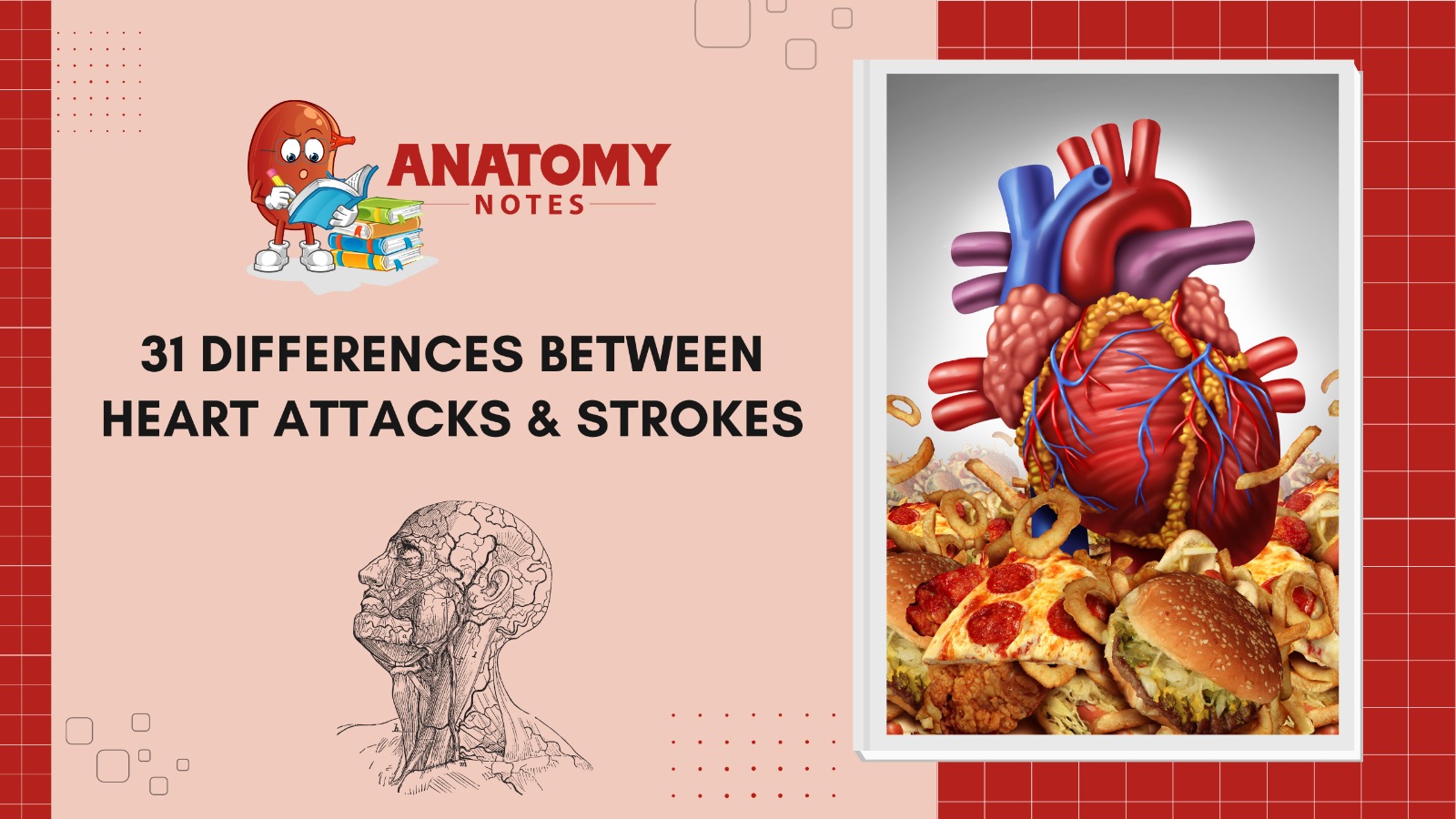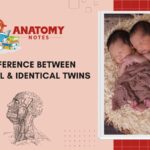A heart attack and a stroke are both major medical crises involving disturbances in blood flow to important organs, most notably the heart and brain. They have different causes, symptoms, and consequences, yet both require rapid medical intervention because of the risk for death.
A heart attack, also known as a myocardial infarction, is a medical emergency that occurs when there is a sudden stoppage of blood flow to a portion of the heart muscle. This blockage is usually caused by a blood clot that forms in a coronary artery, which feeds oxygen-rich blood to the heart. Without proper blood flow, the afflicted section of the heart muscle may begin to die from a lack of oxygen and nutrition.
Atherosclerosis, the development of fatty deposits (plaque) on the walls of coronary arteries, is the most prevalent cause of a heart attack. Plaque rupture can cause a blood clot to develop, resulting in a blockage.
Pressure, squeezing, fullness, or pain in the center or left side of the chest are all common symptoms of heart attacks. The pain could spread to the arms, neck, jaw, back, or stomach. Shortness of breath, lightheadedness, nausea, and cold chills are all possible side effects.
A stroke, also known as A Cerebrovascular Accident (CVA), is a medical emergency that happens when the blood flow to a region of the brain is disrupted. A blockage in a blood vessel supplying the brain (ischemic stroke) or bleeding within the brain (hemorrhagic stroke) can produce this disruption. Brain cells can be injured or die in minutes if there is insufficient blood flow and oxygen availability.
Ischemic stroke-Approximately 80% of strokes are ischemic strokes, which occur when a blood clot or plaque accumulation stops a cerebral artery.
Hemorrhagic stroke-Hemorrhagic strokes are caused by bleeding within the brain, which is frequently caused by a ruptured blood artery or an aneurysm.
Numbness or weakness in the face, arm, or leg that occurs suddenly, usually on one side of the body, unexpected difficulty seeing in one or both eyes, and strong headache appears out of nowhere are some symptoms.
Also Read: 18 Differences between acute and chronic pancreatitis
|
No. |
Aspect |
Heart Attack |
Stroke |
|
1 |
Affected Organ |
Heart muscle |
Brain |
|
2 |
Cause |
Blocked coronary artery |
Blocked or burst blood vessel in brain |
|
3 |
Medical Term |
Myocardial infarction |
Cerebrovascular accident |
|
4 |
Symptoms |
Chest pain, shortness of breath, fatigue |
Sudden numbness, weakness, confusion, difficulty speaking |
|
5 |
Location of Pain |
Chest, arms, neck, jaw |
Face, arms, legs, one side of body |
|
6 |
Pain Characteristics |
Crushing, squeezing pain |
Numbness, tingling, loss of sensation |
|
7 |
Severity |
Severe pain often described as “elephant on chest” |
Symptoms can vary from mild to severe |
|
8 |
Blood Supply |
Coronary artery supplying the heart muscle |
Blood vessel supplying the brain tissue |
|
9 |
Type of Clot |
Blood clot (thrombus) |
Blood clot (ischemic) or burst vessel (hemorrhagic) |
|
10 |
Effects on Blood Flow |
Reduces blood flow to heart muscle |
Reduces or stops blood flow to brain |
|
11 |
Risk Factors |
Smoking, high blood pressure, high cholesterol, diabetes |
Hypertension, high cholesterol, smoking, diabetes |
|
12 |
Treatment |
Medical interventions, angioplasty, stents |
Clot-busting drugs, mechanical clot removal |
|
13 |
Prompt Action |
Immediate medical attention is crucial |
Urgent medical attention is crucial |
|
14 |
EKG Changes |
EKG changes are common |
EKG changes may not be as pronounced |
|
15 |
Cardiac Enzymes |
Elevated cardiac enzymes (troponin, CK-MB) |
Not as significant in stroke diagnosis |
|
16 |
Heart Function |
Can damage heart muscle |
May cause cognitive or motor deficits |
|
17 |
Prevention Focus |
Lifestyle changes, medication management |
Lifestyle changes, blood thinners |
|
18 |
Recovery Period |
May require cardiac rehabilitation |
May require physical and speech therapy |
|
19 |
Impact on Lifestyle |
May require dietary changes, exercise |
Can lead to physical and cognitive impairments |
|
20 |
Mortality Risk |
Can be life-threatening |
Can be life-threatening |
|
21 |
Type of Vessel Affected |
Brain arteries |
|
|
22 |
Time Sensitivity |
Timely intervention is crucial |
Timely intervention improves outcomes |
|
23 |
Emergency Medical Care |
Call 911 immediately |
Call 911 immediately |
|
24 |
Physical Manifestations |
Cold sweats, nausea, vomiting |
Dizziness, loss of balance, severe headache |
|
25 |
Post-Event Management |
Cardiac rehabilitation, medication management |
Physical therapy, speech therapy, rehabilitation |
|
26 |
Hospital Stay |
May require hospitalization |
May require hospitalization |
|
27 |
Loss of Function |
May result in heart damage |
May result in cognitive or motor deficits |
|
28 |
Neurological Impairments |
Not typically associated with neurological deficits |
May cause paralysis, aphasia, memory loss |
|
29 |
Speech Difficulties |
Uncommon |
Aphasia or difficulty speaking |
|
30 |
Visual Disturbances |
Uncommon |
May cause vision loss or double vision |
|
31 |
Hemiparesis |
Uncommon |
May cause weakness on one side of body |
Also Read: 34 Difference Between Umbilical Cord and Placenta
Frequently Asked Questions (FAQS)
Q1. What are the most common causes of heart attacks?
High blood pressure, high cholesterol, smoking, diabetes, obesity, sedentary lifestyle, family history of heart disease, and age are all common risk factors.
Q2. Is it possible to prevent heart attacks and strokes?
Yes, living a healthy lifestyle, minimizing risk factors, taking prescribed medications, and getting frequent medical check-ups can lower the risk of both heart attacks and strokes.
Q3. What long-term consequences do heart attacks and strokes have?
The effects can differ. Some people may fully recover, while others may be disabled or require therapy to regain lost functions.
Q4. Is there a link between heart attacks and strokes?
Heart attacks and strokes are both linked to poor cardiovascular health. Risk factors and preventive interventions frequently intersect.
Q5. Can teenagers suffer from heart attacks or strokes?
While heart attacks and strokes are more common among older people, they can happen to anybody, especially those who have risk factors.
Q6. Can changes in lifestyle enhance outcomes after a heart attack or stroke?
Yes, lifestyle modifications like a balanced diet, exercise, and quitting smoking can help healing and lower the chance of future incidents.



